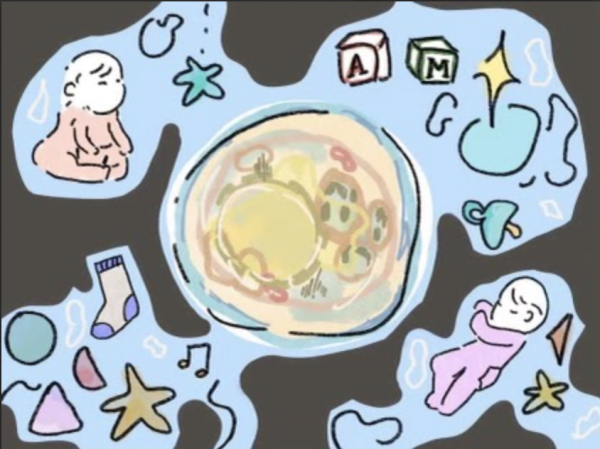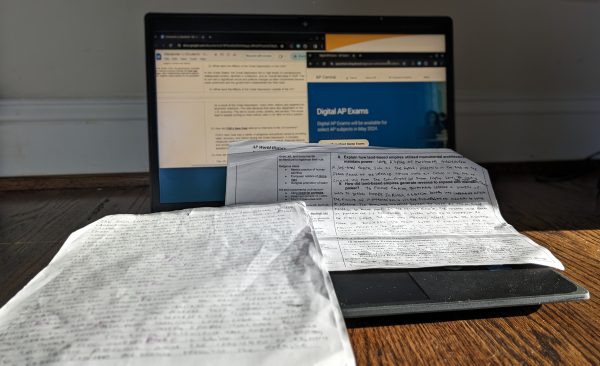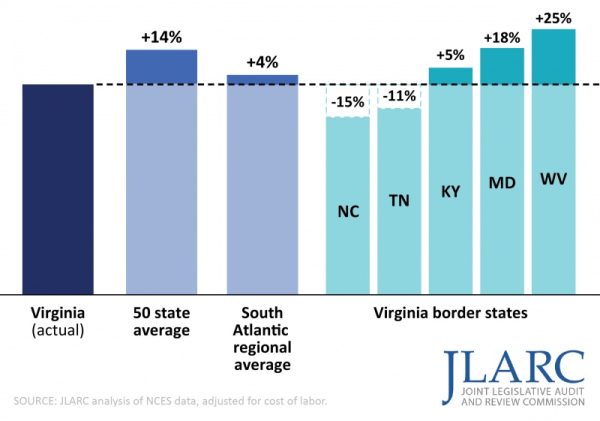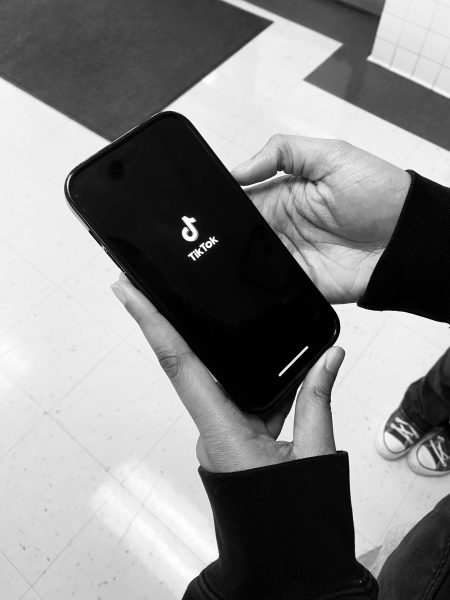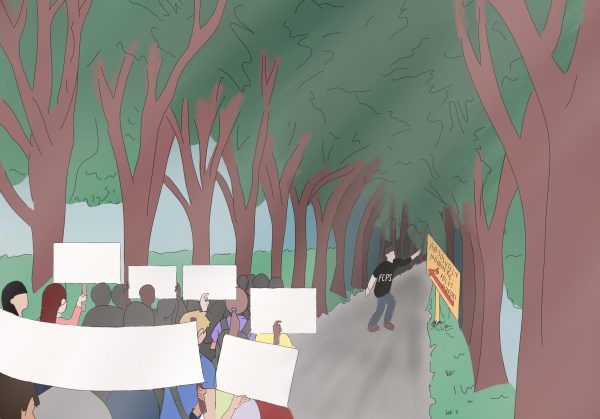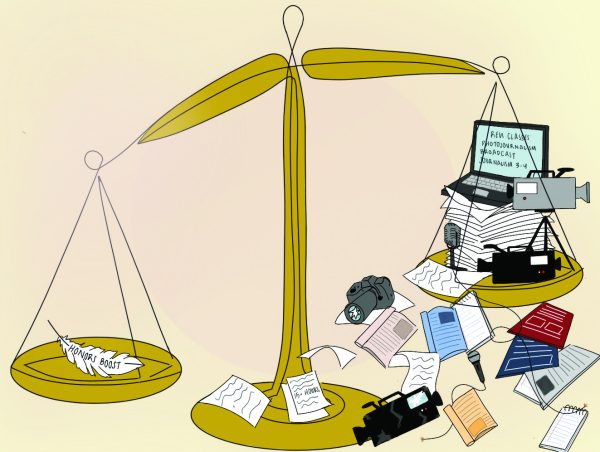Senioritis is not justifiable
Four years of constant rigor in high school is not an excuse to slack off
Seniors nearing the end of their second quarter are beginning to stop trying as hard in school, demonstrating their academic immaturity.
As middle schoolers, students always feared the thought of high school as the experiences and grades from it determined the colleges they would get accepted into. After being immersed in a highly-competitive environment for four consecutive years, second semester seniors tend to lose motivation, leading to “senioritis.” As the third quarter begins, seniors talking about skipping school and not trying in their courses are already lingering in the McLean halls.
A decline in efforts, however, when grades do not matter as much only reveals a student’s flawed academic character. Students tend to forget that high school is not just a step toward college. Rather, the experience of it teaches these students educational lessons that could either make or break them in the real world.
In high school, students are lucky enough to have the guidance of teachers and parents to keep them on track with their work. When these same students grow up to become employed, they will not have this luxury and will actually have to complete their work based on their own. The second semester of senior year is a test, since teachers and parents can be convinced not to look after their students’ grades as much. Therefore, a student deciding not to do their best in school only reveals academic immaturity as they have not realized yet that all education is necessary to succeed in the future.
Not only does a senior’s second semester require a diligent student’s best efforts, but continuing to work hard also showcases a sign of respect for teachers that teach senior courses. Teachers work extremely hard to create lesson plans, grade their students’ work and hold office hours. It is unfair to them if all of that dedication is being ignored by their students. Another major part of being employed in the real world is displaying respect for others to form connections that benefit their work. Disrespecting a teacher’s hard work is a sign that these students could do the same to their colleagues in the future.
Students being burnt out their senior year definitely makes sense after having a junior year filled with AP courses, studying for SATs and ACTs and working to maintain high grades. On top of this, the first semester of senior year involves students maintaining high grades and, if they decide to go to college, filling out applications and writing their college essays. Over a year of nonstop work makes it inevitable for a student to feel exhausted by the end of it all.
However, this does not stop after high school. There will always be points in life, whether during schooling or when having a job, that it will feel like the work is never-ending. The perseverance and determination a student displays during these challenging times is the genuine revealing factor of whether or not an individual has what it takes to be successful in life.
Being in a highly-competitive area of northern Virginia may feel impossible to deal with for students. Still, in the end, it gives students the best test of their academic character and assesses whether or not they have what it takes to prosper later on. It is time that seniors take advantage of this and continue working hard in their senior years instead of blaming their laziness on senioritis.
Your donation supports the McLean High School's independent, award-winning news publication.





